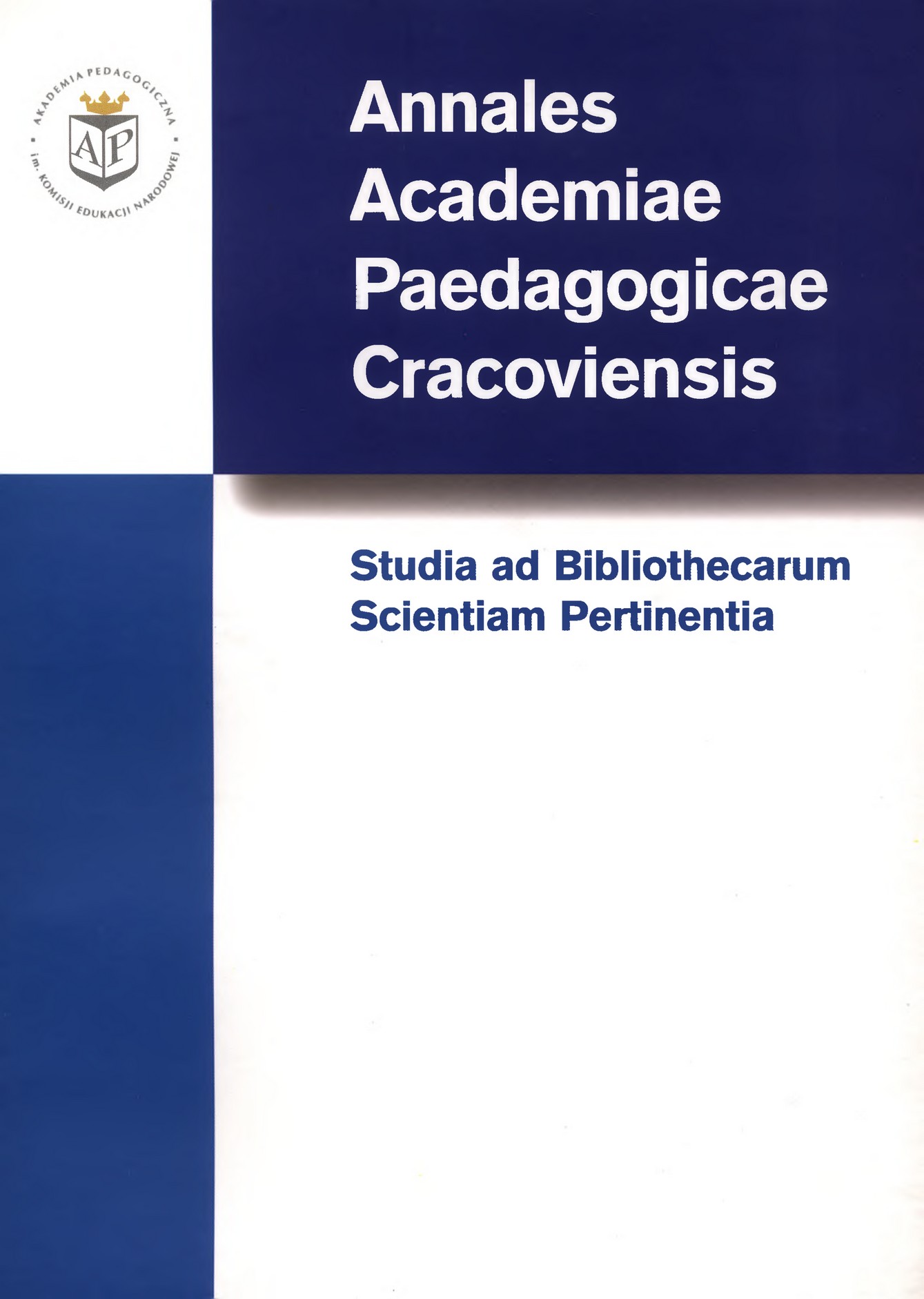Konektywizm w kontekście kształcenia kompetencji informacyjnych
Connectivism in the context of developing information competence
Author(s): Hanna BatorowskaSubject(s): Information Architecture, Electronic information storage and retrieval, Education and training, ICT Information and Communications Technologies
Published by: Wydawnictwo Uniwersytetu Komisji Edukacji Narodowej w Krakowie
Keywords: information competences; education;
Summary/Abstract: The article presents the problems connected with the meaning of information literacy education for a man functioning in the environment that is dominated by information and communications technologies. As information more and more often is seen as a tool for the manipulation of human attitudes and behaviour, there is a need to undertake preventive actions against various pathologies in this respect. It involves the necessity of developing information awareness, education for information, betterment of information skills and formation of the information culture of the people in the infosphere. The typology of educational tasks in the field of broadly defined information competences treated as information culture has been presented. The tasks were divided into three groups, in which the tasks resulting from the realization and the student’s participation in the information process have been shown, then those resulting from the youth’s functioning in different fields of information culture and finally, tasks connected with the cultural aspect of information literacy. It has been shown that developing information competences by means of traditional teaching methods is not very effective. The most useful methods are those based on the theories of constructionism and connectivism. The idea of connectivism transplanted to the school didactics is perfectly realized in the development of information competences, whose essence is the ability to connect with the specified nodes or information resources, finding knowledge, maintaining and reinforcing connections, making decisions. However, a radical change in the education system would be necessary, as well as the change of the relationship between teachers and students.
Journal: Annales Universitatis Cracoviensis. Studia ad Bibliothecarum Scientiam Pertinentia
- Issue Year: 2012
- Issue No: 10
- Page Range: 20-39
- Page Count: 20
- Language: Polish

